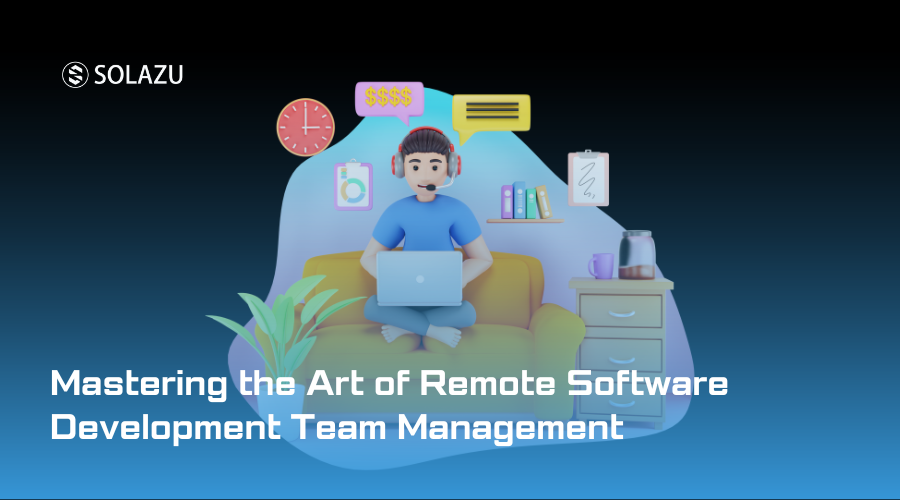In recent years, the landscape of work has undergone a monumental shift, with remote work transitioning from a rare perk to a fundamental aspect of the modern workplace. This change has had a profound impact on the field of software development, where teams are increasingly distributed across time zones and continents. The success of remote software development teams hinges not just on individual talent but also on the strength of their management practices. As such, mastering the art of managing remote teams has become essential for project leaders and managers.
Selecting the Right Tools for Communication and Collaboration
The backbone of any successful remote team is the set of tools they use for communication and collaboration. The market is flooded with options, each offering unique features and benefits. Popular choices include Slack for real-time messaging, Microsoft Teams for integration with Office products, and Zoom for video conferencing. The selection of tools should be tailored to the team’s size, the nature of the projects, and the available budget. It’s not just about the flashiest features; it’s about what facilitates seamless collaboration and communication.
Establishing Clear Goals and Expectations
One of the cornerstones of effective remote team management is the establishment of clear goals and expectations. This clarity helps align team members with the project’s objectives and sets a standard for their daily work. Managers should communicate not only what is expected in terms of deliverables but also when team members should be available and how they should interact with each other. Techniques such as SMART (Specific, Measurable, Achievable, Relevant, Time-bound) goals can guide in setting and communicating these expectations.
Implementing Agile Project Management Methodologies
Agile methodologies, with their emphasis on flexibility, collaboration, and customer-centricity, are particularly well-suited for remote software development teams. Implementing practices like daily stand-ups, sprint planning, and backlog grooming can keep the team aligned and focused. Remote teams can benefit from tools like Jira, Trello, or Asana, which facilitate Agile project management by tracking tasks, progress, and sprints.
Fostering Effective Communication and Team Bonding
Overcoming communication barriers requires intentional strategies to ensure every team member feels heard and understood. This might involve accommodating different time zones, using clear and concise language, and being mindful of cultural differences in communication. Team bonding is equally important; virtual coffee breaks, online team-building games, and regular “virtual retreats” can help build camaraderie and trust among team members.
Managing Remote Team Performance and Productivity
Monitoring and evaluating the performance of remote team members can be challenging, but it’s crucial for the health and success of the project. Utilizing productivity tools and metrics can help managers track progress, identify bottlenecks, and address issues proactively. Regular feedback sessions and one-on-ones can also promote a culture of accountability and continuous improvement.
Cultural Considerations and Sensitivity
Managing a culturally diverse team requires an understanding and appreciation of different cultural backgrounds. This encompasses variations in communication styles, work habits, and decision-making processes. Encouraging an environment of openness and inclusivity can help leverage these differences as strengths, fostering a rich, innovative, and collaborative team dynamic.
Conclusion
As remote work continues to define the future of software development, the ability to manage remote teams effectively has become a critical skill for leaders in the field. By selecting the right tools, setting clear goals, embracing Agile methodologies, fostering communication and bonding, managing performance, and being culturally sensitive, managers can navigate the challenges of remote team management. Adopting these best practices will not only enhance project outcomes but also contribute to a positive and productive remote work culture.
